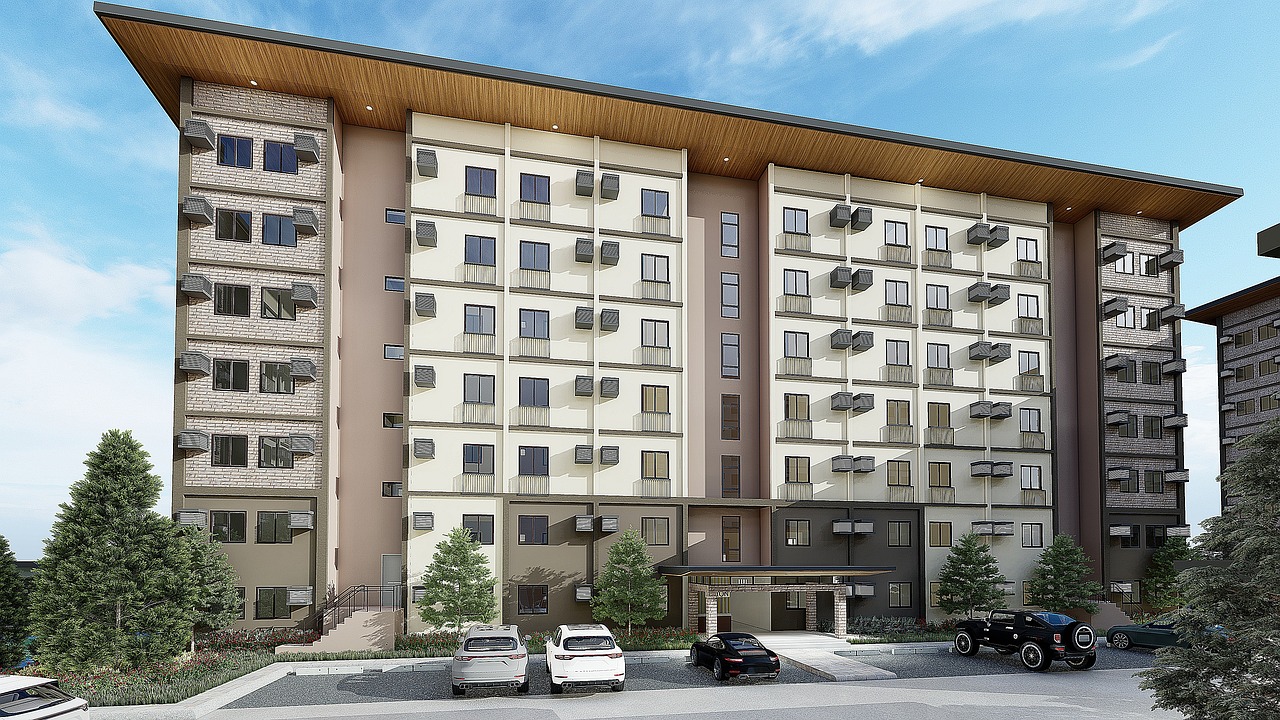Exploring Different Types of Property Purchases in Malaysia
Purchasing property in Malaysia can be a rewarding journey. You can buy properties for investment purposes, homeownership, or diversification of assets. The country offers a range of property types that cater to various needs and budgets. In this article, we will explore the main categories of property purchases in Malaysia, including subsales, new projects, and auction properties. We will provide insights into their processes, advantages, and considerations.
1. Subsale Properties
Subsale properties are known as secondary market properties. They are existing homes sold by individual owners. These properties are not new and are typically ready for immediate occupancy. One of the largest advantages of subsale properties is the ability to check the property in its current condition. Since the property is already built, buyers can observe any wear and tear during inspections. It can give buyers a clear understanding of what they are purchasing and lead to fewer surprises after purchase. However, buyers should be mindful of older structures, which might result in higher maintenance costs.
Additionally, buyers can negotiate directly with the seller to secure a better deal. The legal process for subsale purchases involves signing a Sales and Purchase Agreement (SPA) and often requires legal assistance. Moreover, loan approvals and other administrative processes may take time, potentially delaying the transaction.
2. New Development Projects
Often referred to as primary market properties, new development projects are offered directly by property developers. These include condominiums, serviced apartments, landed properties, and integrated developments. New projects provide modern designs with contemporary architecture, layouts, and features.
Besides, developers frequently provide attractive incentives such as rebates, free legal fees, and complimentary furnishings. Buyers also benefit from a defect liability period (DLP), during which developers are responsible for rectifying any construction defects.
Properties in new developments, particularly in emerging areas, may appreciate significantly over time, offering strong investment potential. On the downside, buyers must wait for the project’s completion, which could span several years. Market conditions may change during this construction period, potentially impacting property values. Furthermore, there is generally less flexibility in negotiating property prices than subsale properties.

3. Auction Properties
Auction properties are typically sold through public auctions due to foreclosure. These properties can be acquired at prices below market value, making them appealing to investors and bargain seekers.
The auction process is transparent, with the highest bidder winning the property, and offers a wide variety of property types, from residential units to commercial spaces. Despite the potential discounts, buyers face several challenges. Often, buyers cannot inspect the property before bidding, making it difficult to assess its condition. Additionally, successful bidders must settle any outstanding charges tied to the property, such as maintenance fees or utility bills. Immediate payment is required, with a deposit (usually 10%) due on the spot and the balance payable within 90 to 120 days.
4. Other Types of Property Purchases
Malaysia also offers various affordable housing schemes to assist first-time homebuyers. These schemes provide properties at prices below market rates. They have potential access to government grants or better loan terms. However, many requirements need to be met, such as income limits and nationality. Besides, choices of property types and locations are often limited.
For investors seeking portfolio diversification, commercial properties like shophouses, office units, and retail spaces present viable opportunities. These properties typically yield higher rental returns compared to residential properties and offer the flexibility for owners to operate their businesses or lease the space to others. Nonetheless, commercial properties are subject to zoning regulations, and buyers must ensure compliance with local laws. Additionally, commercial loans generally require larger down payments and incur higher interest rates.
Steps to Property Purchase in Malaysia
Regardless of the property type, the purchasing process in Malaysia typically involves several steps. First, buyers should conduct thorough research and establish a budget. Always consider additional expenses like stamp duty, legal fees, and agent commissions. Obtaining pre-approval for financing from banks is crucial to understand borrowing capacity. Once a suitable property is selected, the buyer should negotiate the price if applicable, or prepare for bidding. Engaging a lawyer is important for managing the SPA, title transfer, and legal documentation. Buyers must then secure their mortgage and complete payments according to the agreed schedule. Finally, upon full payment, the property’s title is officially transferred to the buyer.
Conclusion
Understanding the types of property purchases in Malaysia is crucial for making informed decisions. Whether you prefer the immediate readiness of subsale properties, the modern appeal of new projects, or the cost-effectiveness of auction properties, each option comes with unique benefits and challenges. By carefully assessing your financial capacity, lifestyle needs, and long-term goals, you can navigate the Malaysian property market confidently and successfully.